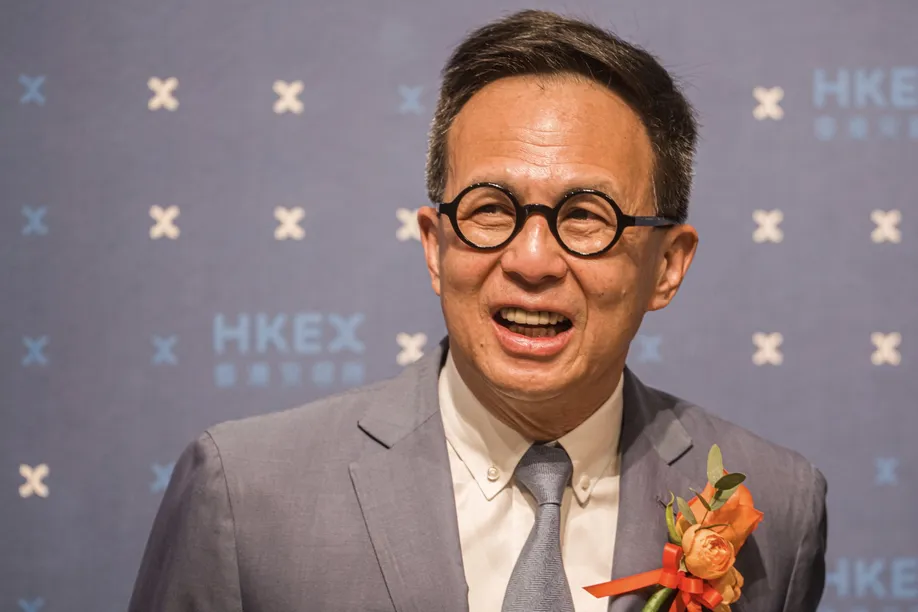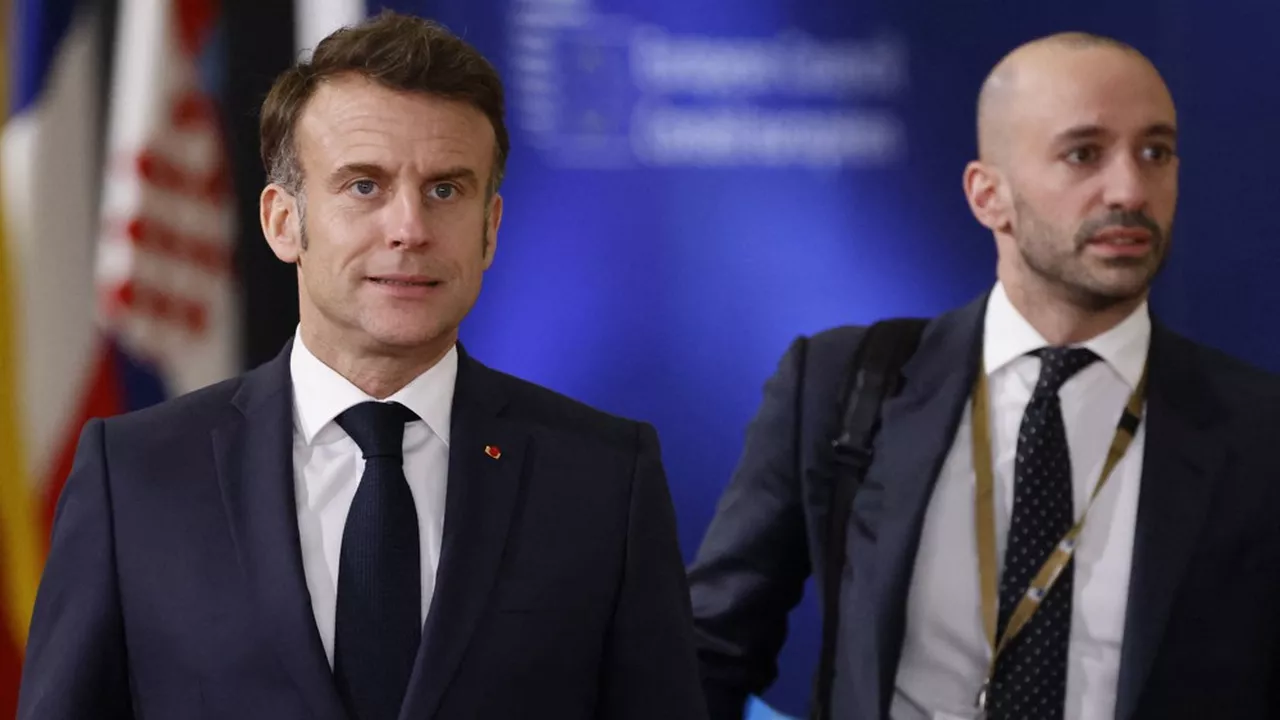Li Ka-shing’s Global Port Strategy Complicates His Son’s China Insurance Deal
Li Ka-shing’s global port investments have drawn scrutiny from Chinese regulators, reportedly stalling a major insurance acquisition led by his son Victor Li. The situation underscores the rising tension between geopolitical sensitivities and cross-border business ambitions.
In a telling example of how geopolitical currents are reshaping international business, Li Ka-shing — one of Asia’s most powerful tycoons — has found his global port empire entangled in a new regulatory roadblock. His son Victor Li, who now runs the family’s business empire through CK Hutchison Holdings and CK Asset Holdings, is reportedly facing resistance from Chinese regulators over a major insurance acquisition, with Beijing citing concerns related to the family’s expansive overseas infrastructure footprint — especially in port terminals. The deal in question involves a plan by Victor Li’s companies to acquire a large stake in a Chinese insurance firm — part of a broader strategy to expand the family’s financial holdings within mainland China.
However, sources familiar with the matter say that regulatory approval has stalled, with officials in Beijing expressing discomfort over the elder Li’s control of strategically sensitive port assets across the globe. ### The Port Empire That Sparked Concern
Li Ka-shing’s business legacy spans multiple sectors — from real estate to telecommunications — but it is his sprawling portfolio of global port operations that has attracted renewed scrutiny. Through Hutchison Ports, the Li family controls or operates terminals in more than 50 ports across Asia, Europe, the Americas, and the Middle East.
This includes key positions in major shipping hubs like Rotterdam, Felixstowe, Laem Chabang, and Sydney. While these holdings have long been praised for their commercial success and strategic foresight, they are increasingly being viewed through a geopolitical lens — especially amid rising competition between the U. S.
and China and increased concerns about foreign control of critical infrastructure. ### Victor Li’s Insurance Push
Victor Li has, in recent years, worked to reshape the family’s business image from a globally sprawling conglomerate to one more grounded in financial services and technology. As part of this transformation, CK Asset and CK Hutchison have invested in healthcare, infrastructure, and now — insurance.
Their attempt to acquire a majority stake in a Chinese insurance firm was seen as a natural extension of this shift. The company, whose name has not been officially disclosed, would have expanded the family’s reach into the fast-growing mainland financial market — an arena with enormous long-term potential despite current economic headwinds. But Chinese regulators, reportedly led by the China Banking and Insurance Regulatory Commission (CBIRC), have yet to greenlight the deal.
According to people familiar with the matter, the holdup is directly related to concerns over foreign influence and control. ### A Climate of Strategic Sensitivity
In recent years, Beijing has grown more cautious about deals involving infrastructure, technology, and finance — especially when foreign or foreign-associated entities are involved. With national security now a key policy filter, even private business transactions are viewed in terms of strategic alignment.
Although Li Ka-shing is a Hong Kong citizen and his businesses are headquartered in the city, his overseas moves — especially during times of mainland uncertainty — have led to accusations from Chinese media and officials of lacking patriotism. In 2015 and again in 2019, mainland editorials accused Li of “pulling out” of China at inopportune times and failing to support the central government. Now, with a port empire spanning continents, there appears to be wariness that granting his family further access to domestic financial assets could pose regulatory or security complications.
### Balancing Acts and Business Realities
The situation underscores the complex dance that Hong Kong’s biggest business families must perform in the current climate: remain loyal to Beijing’s vision while maintaining international footprints that often operate under competing geopolitical logics. Victor Li, known for his quiet and methodical leadership style, has not commented publicly on the stalled insurance deal. CK Hutchison Holdings has also declined to confirm the regulatory status of the proposed acquisition.
However, analysts suggest the episode reflects a broader dilemma for Hong Kong-based conglomerates. “If you’re a Hong Kong group with global assets — especially in ports, energy, or finance — you’re now stuck between competing power centers,” said Angela Ho, a political economy professor at the University of Hong Kong. “Beijing wants loyalty and alignment, and Western governments want transparency and distance from Chinese influence.
It’s no longer possible to quietly do both. ”
### Fallout and Strategic Repositioning
While the insurance acquisition has not been officially canceled, sources indicate that Victor Li’s team is now considering alternative approaches — including restructuring the bid to involve mainland partners or transferring oversight of certain overseas assets to mitigate perceived conflicts. Meanwhile, the port business itself may soon come under scrutiny from other governments as well.
In Europe, lawmakers have raised concerns over foreign ownership of critical logistics hubs. In Australia, the national security review process for ports has been tightened. At the same time, China is doubling down on its own global port expansion strategy through state-backed firms like COSCO and China Merchants Group.
Ironically, while Beijing pushes Chinese control of overseas infrastructure, it remains wary of similar models when exercised by Hong Kong tycoons with vast offshore independence. ### A Reflection of the Times
Li Ka-shing, now in his 90s, is often described as the epitome of Hong Kong’s rise as a global business capital. But the challenges his family faces today reflect how much that world has changed.
The freewheeling era in which a Hong Kong business mogul could expand freely into Europe, Latin America, and mainland China — all at once — is ending. Geopolitics is reshaping capital flows, regulatory boundaries, and business identity itself. Li’s earlier decision to shift much of his family’s wealth and corporate structure to the Cayman Islands and European entities was, in retrospect, an attempt to future-proof the empire.
But it may now be causing the very suspicions that complicate new moves into China. ### Conclusion: Between Two Worlds
The stalled insurance deal may yet find a path forward, especially if Victor Li can reframe the proposal to satisfy Chinese regulators’ concerns. But the broader lesson is clear: even the most storied, politically astute business families must now navigate a world where nationalism, strategic paranoia, and economic decoupling are the new rules of the game.
For the younger Li, the ambition to grow a new financial legacy in China — one distinct from his father’s infrastructure-heavy empire — is still alive. But how he balances that ambition with the legacy baggage of global ports, Western scrutiny, and a newly assertive Beijing will shape not only the future of CK Hutchison, but the future of cross-border capitalism in the post-globalization era.




